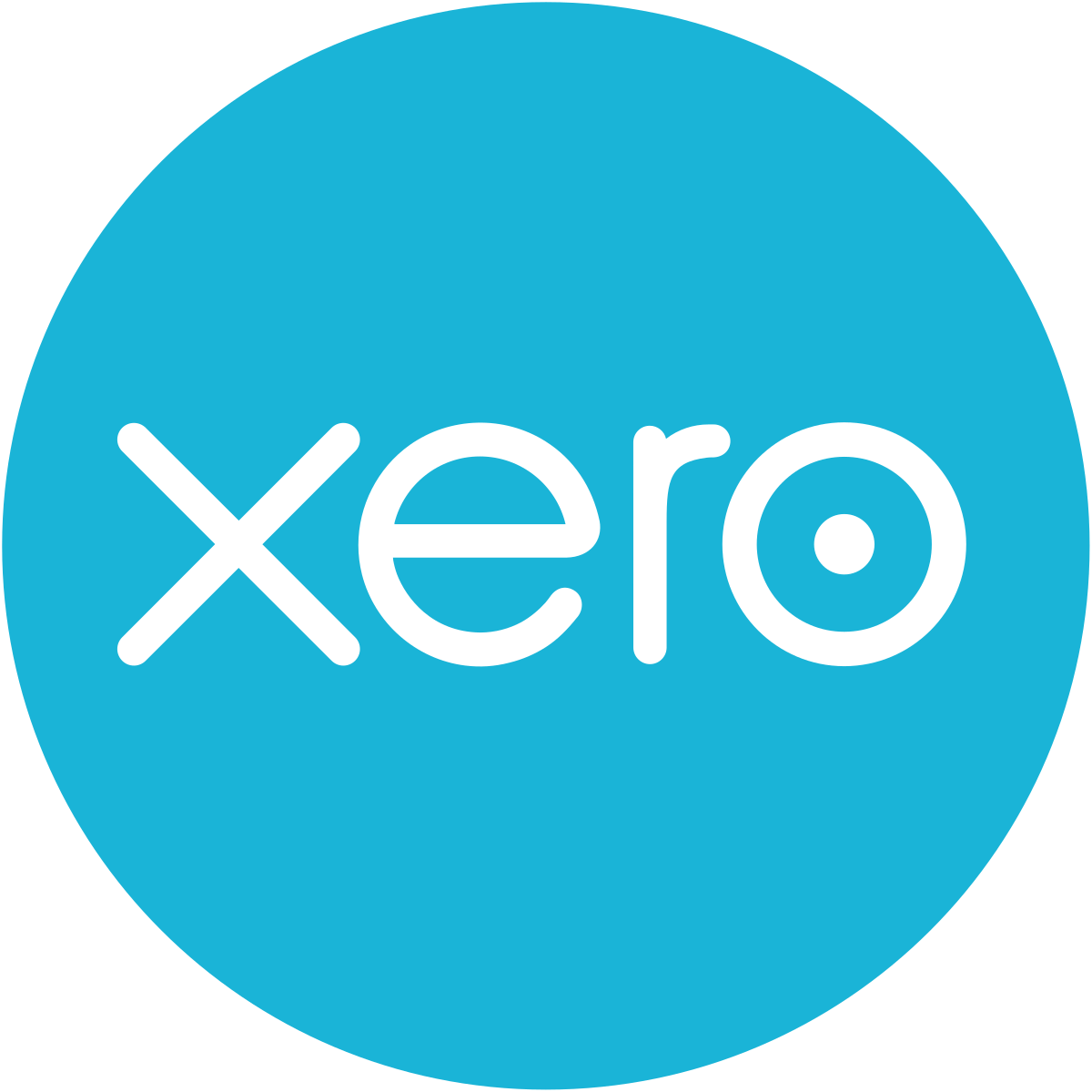eCommerce Accounting Services
Find your growth opportunities
We offer specialist eCommerce accounting services – if you’ve been running your own eCommerce business for years then we’ll focus our approach on bringing you up to speed with modern standards, or look for new options to bring your business more customers. We understand the sector in great detail, and we’re passionate about finding the results that will keep you satisfied.
After starting your own retail business, it can be hard to find the time to manage your accounts. You’re focusing on your business at the end of the day, providing great products and customer service to your clients. When would you have the time to dedicate to your finances?
We’ll take the reins of your accounting needs – we’ll find the solutions to your tax problems, identify business growth opportunities you may have missed, and offer guidance and insight wherever it’s needed. We’ll help you plan for the future, too, with actionable and easy-to-understand business plans that will set you up for success.
Get in touch today to find out more about our specialist eCommerce accounting services and solutions.
Let's get going
We don’t bite. Let’s hear what we can do for you.
Get in touch >
What we offer you
Our range of financial services are delivered with the same care and attention, no matter where you come from, or what you do. It’s about relationships – not numbers on a page.
At Glen C Rodger we put people and the spirit of adventure at the heart of everything we do. We can open your eyes to a world of possibilities, looking at your business in a new and exciting light.
Stuck in a rut? We’ll get you out.
We bring a fresh perspective that always delivers.
Saving you time to focus on what matters
We’ll help streamline your affairs.
Getting your tax under control
You won’t pay a penny more than you should.
Plan for the success you deserve
We offer a range of business planning services.

